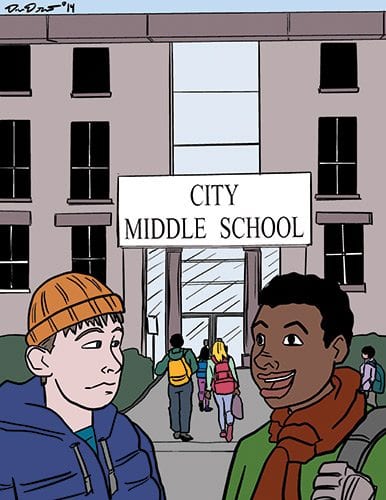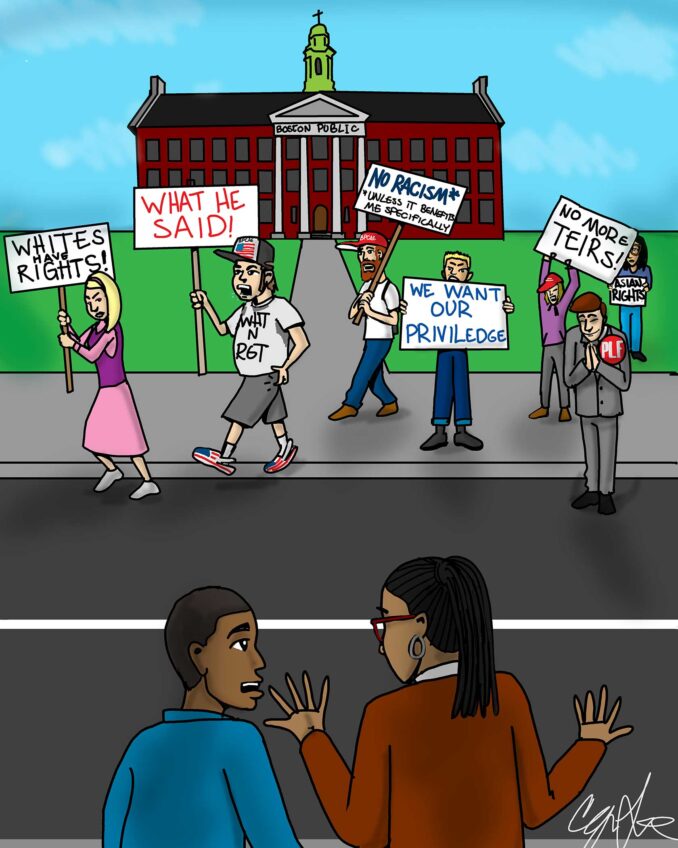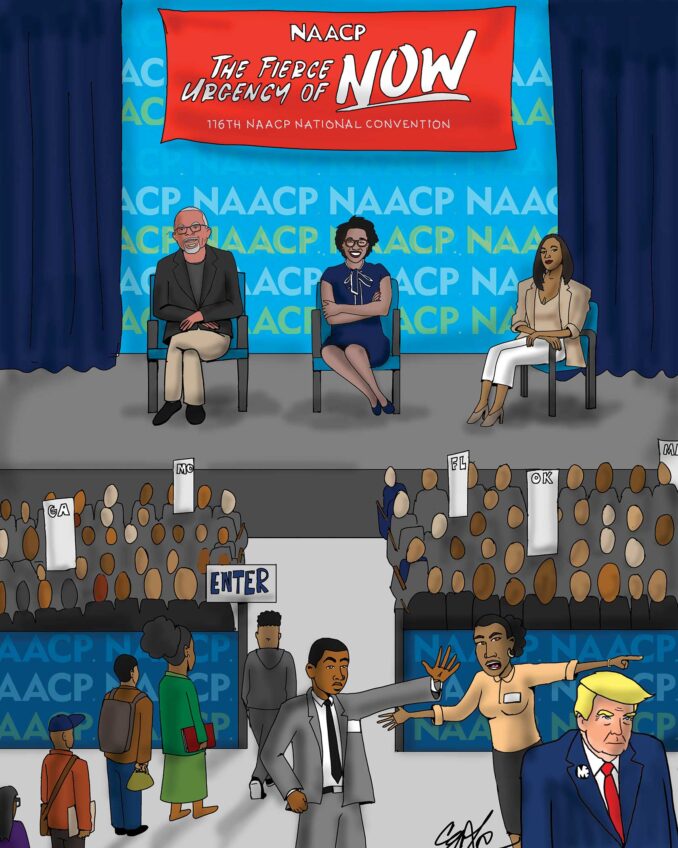
Athletes in the Olympics have the benefit of knowing quite a bit about their competitors and the looming contest. That is not the situation in the work-a-day world. People usually have to perform against faceless standards of excellence. When students are in school they are usually even unaware of their ultimate goal except that they understand the value of achieving high grades in their courses.
Just about everyone would like to attain the American Dream — substantial income, social status, and perhaps even wealth. With the technology based global economy changing so quickly, it is difficult to know precisely what is the best path to success. It is universally acknowledged, however, that a solid education is essential. And that means post graduate study in college or technology training.
Schools provide one of the earliest competitive environments. Social planners understand that public education is generally deficient in the United States. American students often perform at less than accepted academic standards. Invariably the reason given is the failure of black and Latino students to do well. Indeed there is some truth to that, but whites are also deficient according to general international standards.
Every three years the Programme for International Student Assessment (PISA) tests 15-year-old students from about 65 major countries on math, science and reading. The results from the 2012 tests which were released last December indicate that the U.S. is losing ground.
According to the National Center for Education Statistics, Americans are by no means “number one.” Since 2009, the U.S. fell in rank from 25th to 31st in math, 20th to 24th in science and 11th to 21st in reading. At the top of the list in performance are China, Korea and Japan. With an 18 percent population of blacks and Latinos, Massachusetts was the only state with promising results in the 2012 PISA test.
There has been a general decline in high school performance in the U.S. and it is not restricted to blacks and Latinos. New York City established tests for admission to their eight exam schools, such as Stuyvesant and the Bronx High School of Science. In 1971, when the system was first established, 80 percent of those qualifying for admission were white. Only 6 percent were Asian. In the most recent year, 72 percent of those who excelled on the exam were Asian although Asians are only 12.5 percent of New York’s population.
Clearly public education in foreign countries is improving. A cadre of well-educated foreign workers will be competing with Americans in future years for choice industrial and professional jobs. Communications in today’s global economy is less complicated so the location of job sites is less restricted. Now businesses can readily be established abroad.
Another emerging development to make the competition even more challenging is the growing acceptance of distance learning. Companies such as edX are developing Internet college curricula that will be available to anyone in any country who has Internet access. Unique American university programs will soon be wholesaled around the world.
In the past, American companies have depended on the special attributes of the American work force. With the prospect of universal higher education, American workers might soon be less special. The advancement of public education in America is no longer merely a race issue. The survival of America as a singular economic power is at stake. All Americans must join together on this issue just as our athletes at the Olympics are joined together as a national team.
Young Americans face a new and challenging economic competition.






